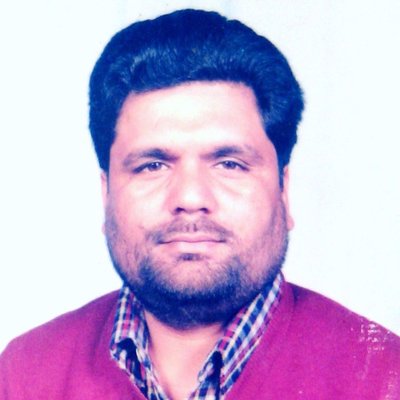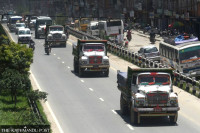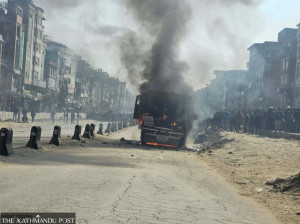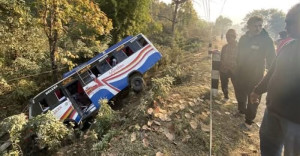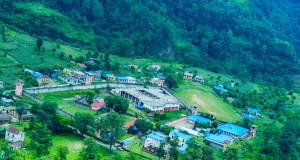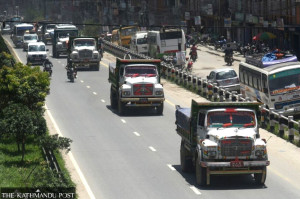Bagmati Province
Women have numerical strength in local units, but little say
Gender pay gap runs deep in all kinds of profession in Makwanpur, women leaders say.
Pratap Bista
The 2017 local level elections guaranteed 40 percent of women’s representation in local governments as designated by the legislated gender quotas. This ensures that there are at least two women in each ward committees and one in either mayor or deputy mayor position. With this remarkable representation of women in place, many people expected that it would bring about significant changes for gender equality in the grassroots levels. But over two years since the elections, many women in local levels are yet to get paid on par with their male counterparts, several women and stakeholders in Makwanpur told the Post.
Eight out of ten local units in Makwanpur are yet to formulate policies for equal pay regardless of gender. Only Manhari and Makwanpurgadhi rural municipalities have prepared ‘same work, equal pay’ policies.
“Gender pay gap is rife in the district,” said Bhagwati Pudasainee, deputy chair of District Coordination Committee, Makwanpur. “Attempts to erase the gap are ongoing, but no visible change has happened yet.” According to Pudasainee, the committee had requested the local units to formulate policies and procedures towards equal pay for everyone last year.
Residents of Kakada in Raksirang Rural Municipality said that while the male labourers receive a daily wage of Rs350, female labourers get only Rs200 for the same work.
“This has been in practice for decades,” said Singhabahadur Chepang, ward chair in the rural municipality. “The labour of women is yet to be respected.” In the rural municipality, a male construction worker gets paid Rs800 per day, while a female worker gets Rs600.
“Despite a significant representation of women in the local government, it hasn’t formulated any policies to end gender pay gap,” said Arati Pathak, a women’s rights activist.
Even though the District Administration Office, Makwanpur, last year designated a daily wage of Rs625 for unskilled workers and Rs870 for skilled ones, this has yet to come into effect. More insidiously, labourers in rural belts are subjected to a dismal payment regardless of gender. People from indigenous communities like Chepang are especially vulnerable to discrimination, with many workers reporting a daily wage of Rs200 only, according to Mahesh Chepang, a resident of Kailash Rural Municipality. “Because we don’t own land and are poor, we are compelled to sell our labour for meagre payment to make a living.”
Maya Lama, chief of Maiti Nepal in Makwanpur, said, “Discrimination based on gender is rife in all sectors of our society, and the political representation in local levels has meant little. It is yet to go beyond mere tokenism.”




 9.7°C Kathmandu
9.7°C Kathmandu